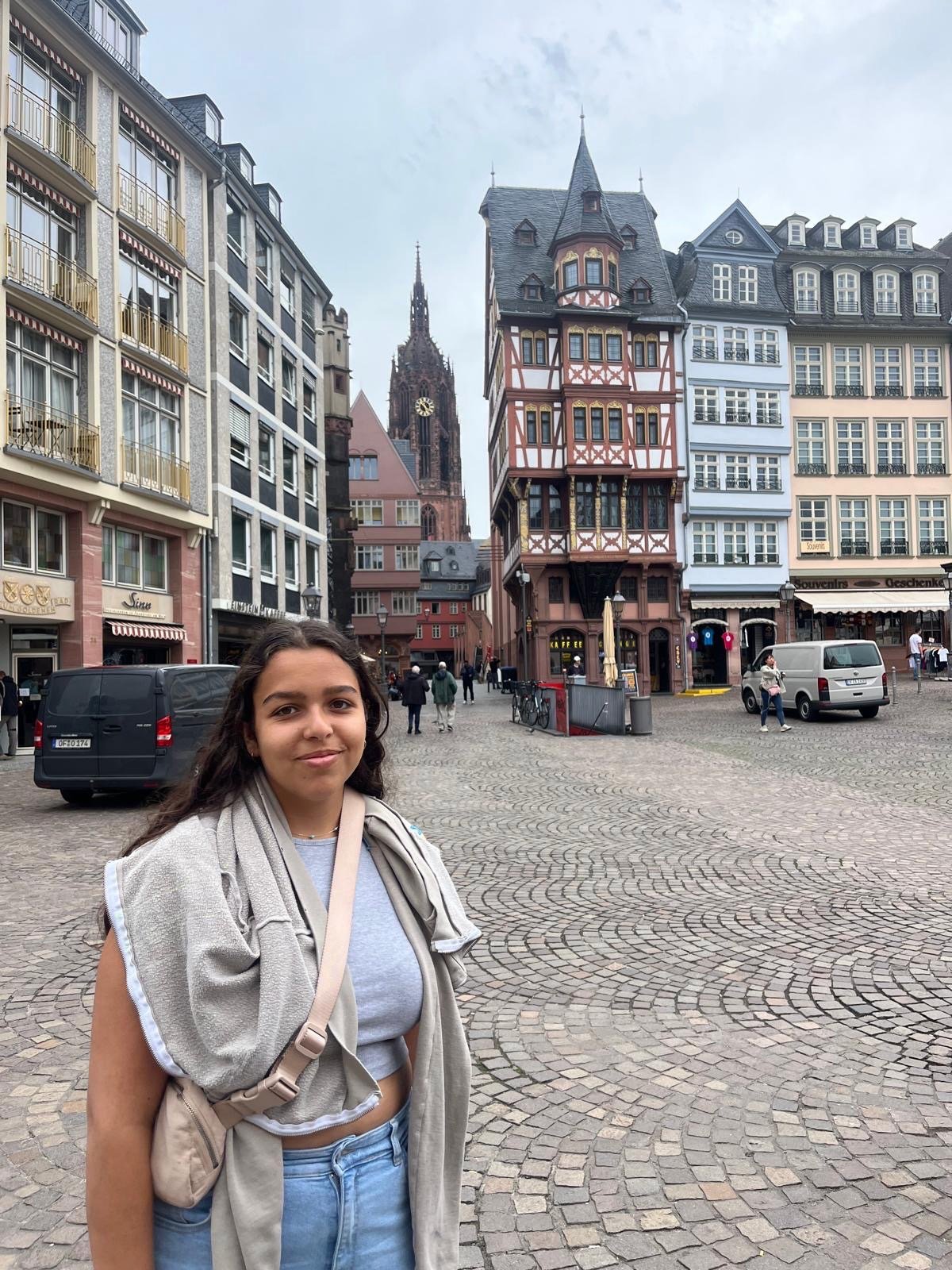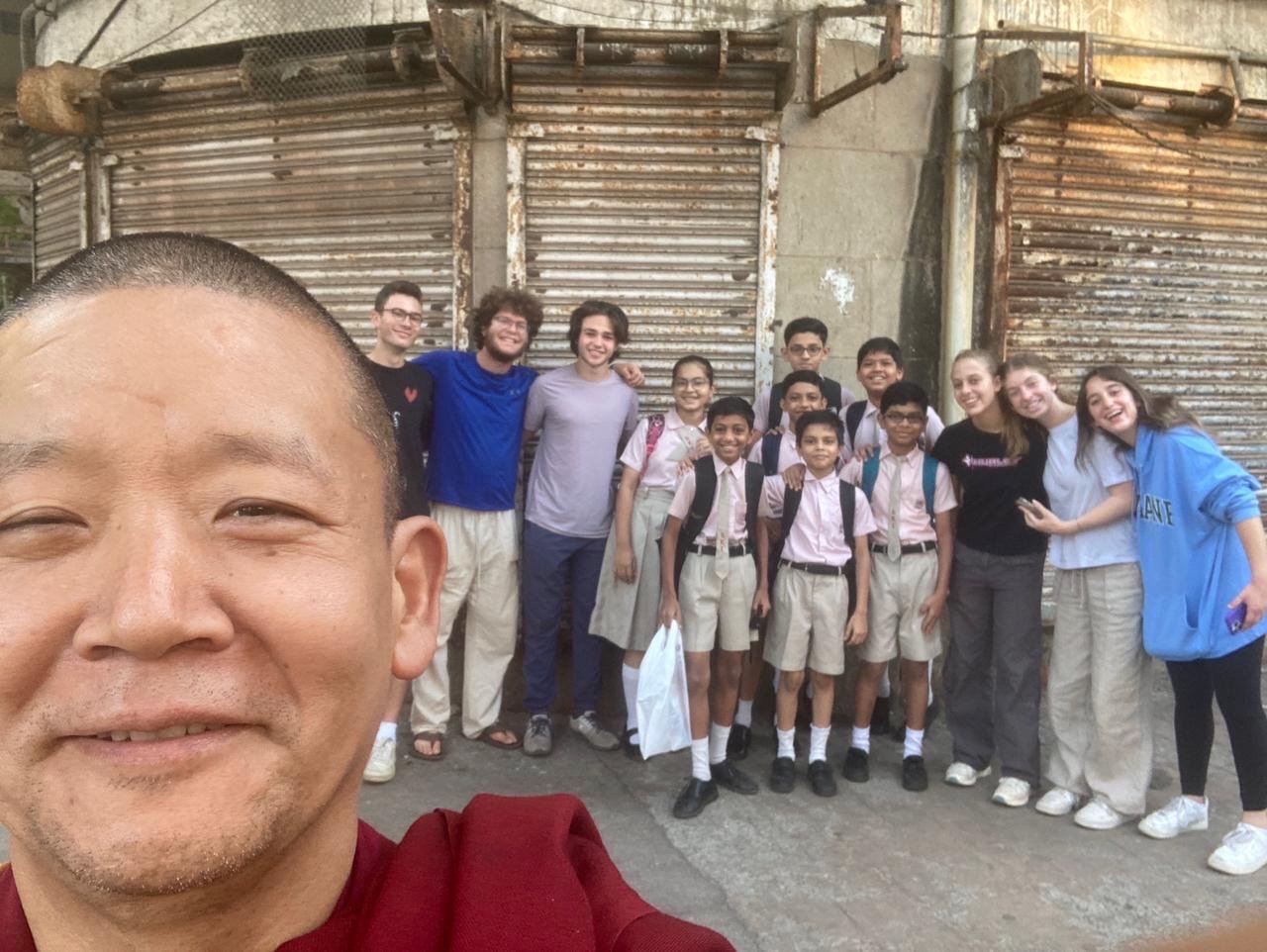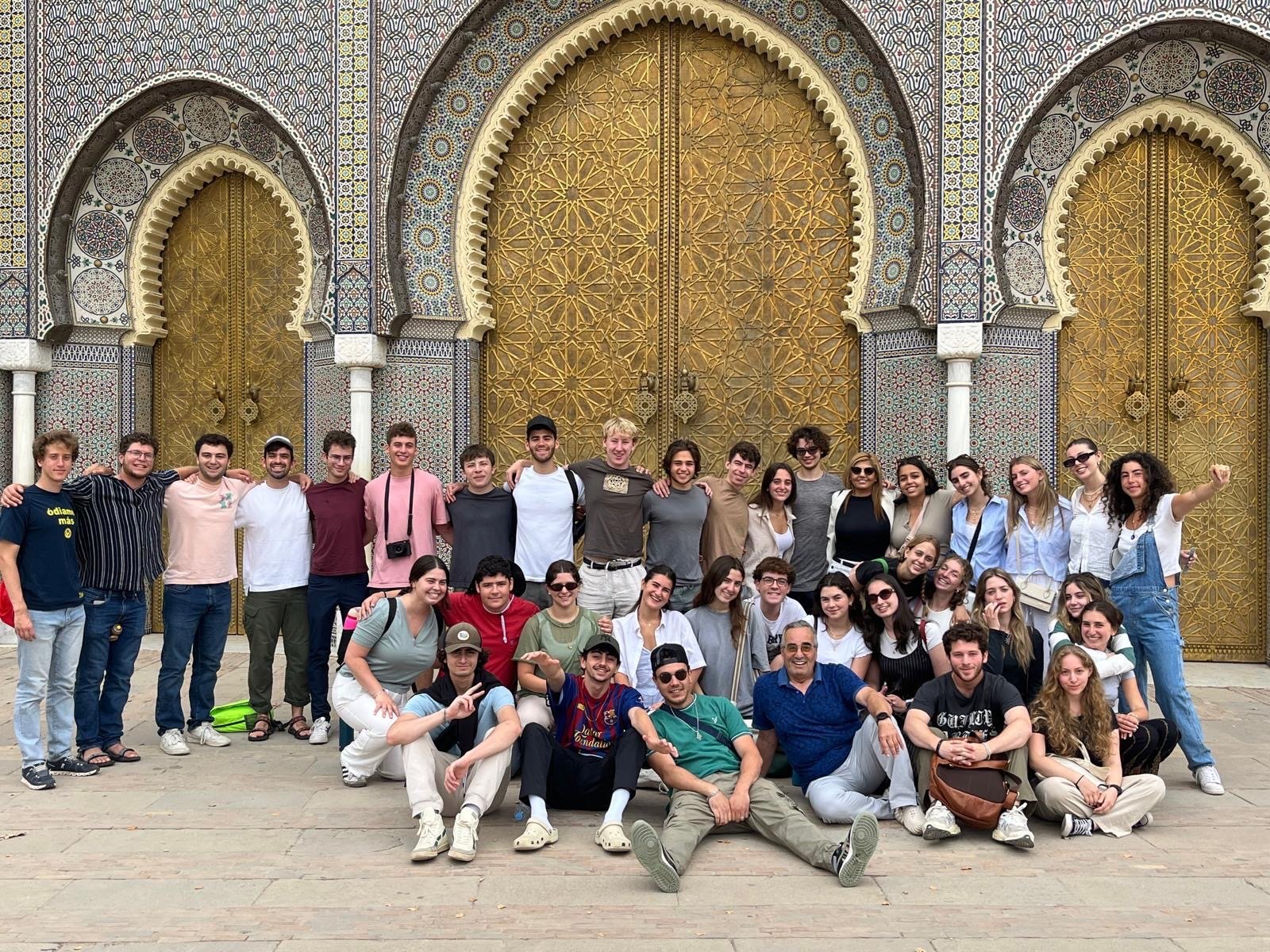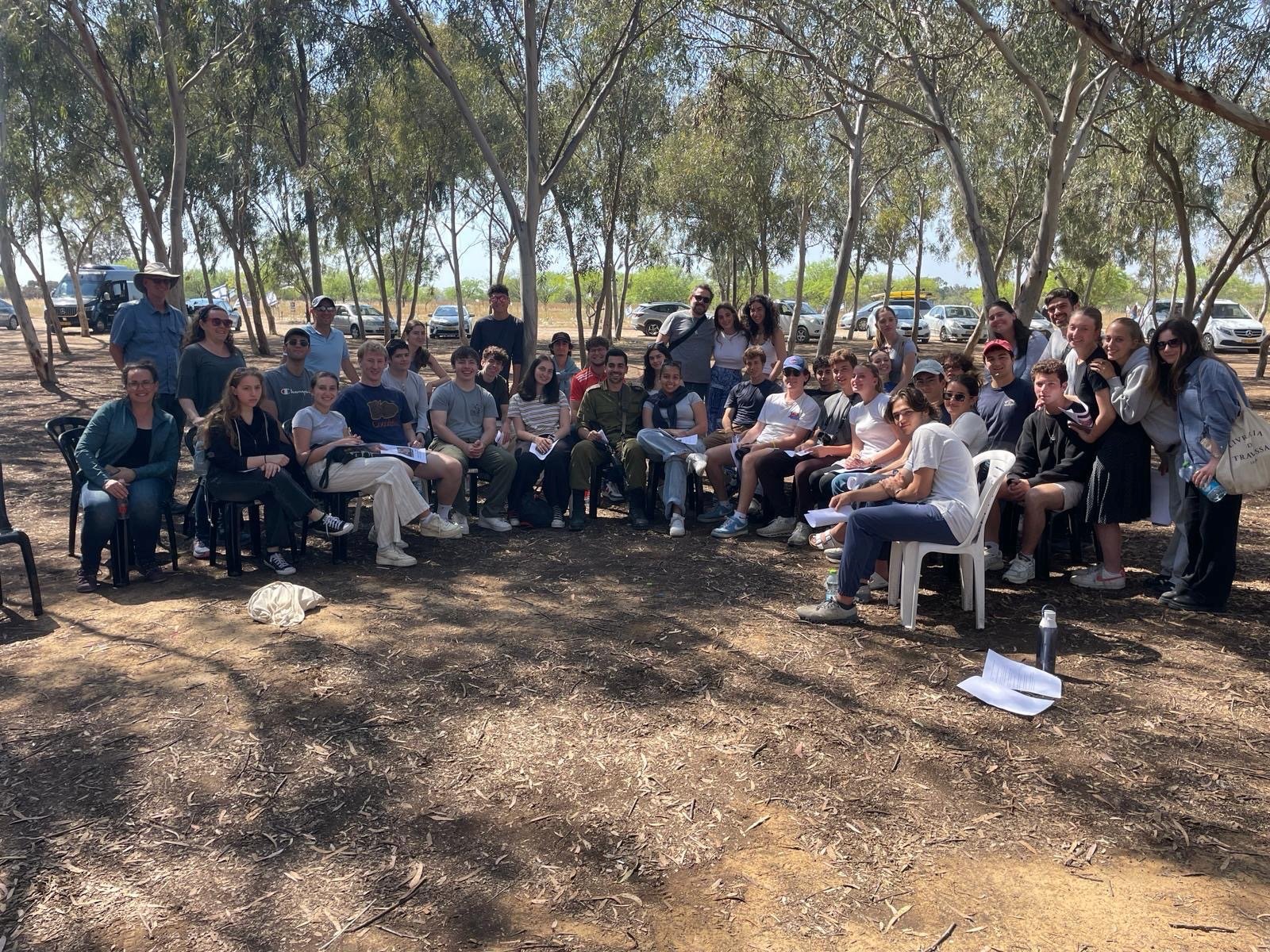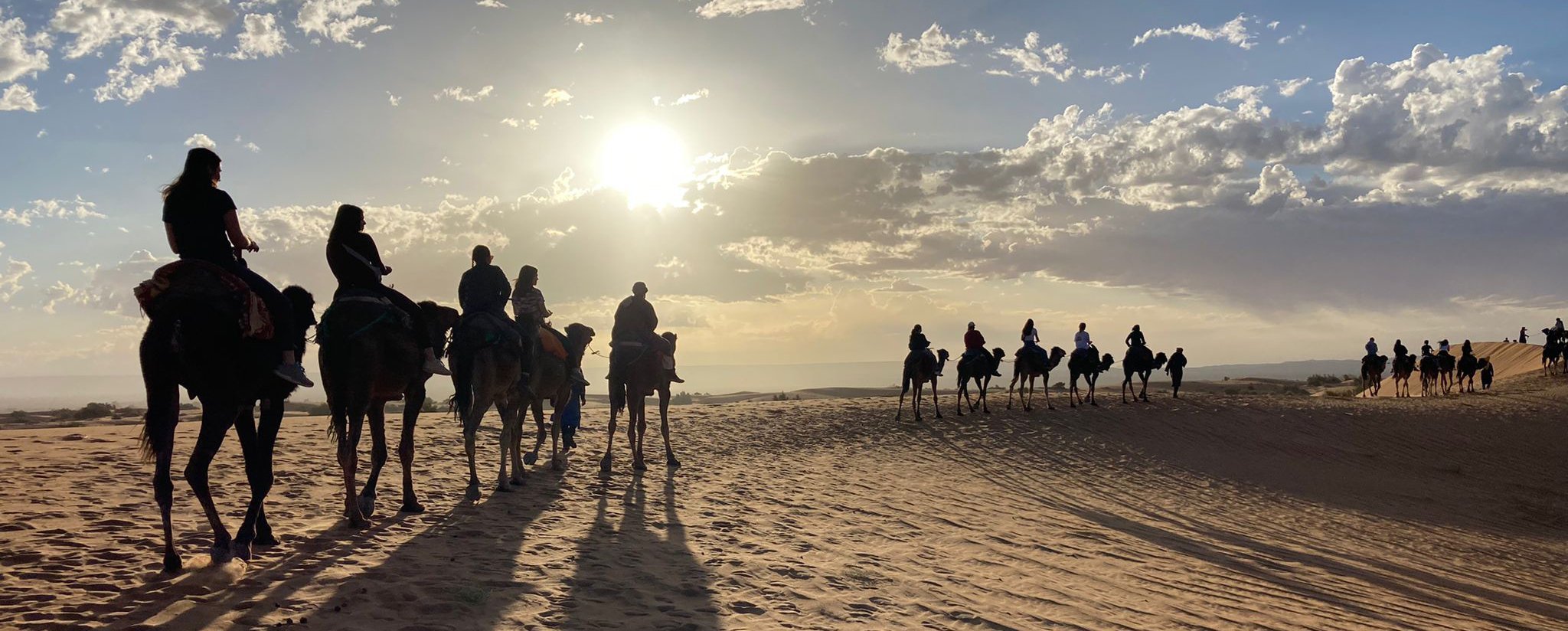
Experience: Travel
We travel to as many as 12 different countries to experience their people, cultures, religions, history, and traditions.
A B O U T
Our students are given access to people, places and institutions granted to very few. Our curriculum, travel and social responsibility program seamlessly integrate field, text and human encounter.
We seek to minimize fears and maximize comfort with people, cultures and religions that are different from our own. Students are encouraged to study, actively engage, find points of commonality, and build bridges with other countries and cultures. We hope they will return to their college campuses and future lives as global citizens with the capacity for and commitment to building dialogue in place of confrontation.
Kivunim Has Traveled to:
Albania
Bulgaria
Czech Republic
Egypt
Germany
Gibraltar
Greece
Hungary
India
Italy
Jordan
Lithuania
Macedonia
Morocco
Portugal
Russia
Spain
Turkey
United Arab Emirates
Our Journey
Kivunim believes that the future leadership of the Jewish people must become better informed and more comfortable with the broader world in which we live. To achieve this goal we study about and travel into much of the Jewish Diaspora, from Morocco to India. But to do this seriously requires an in-depth encounter with the histories and cultures of the peoples of the world who hosted us over our thousands of years of “homelands in exile.” Kivunim weaves knowledge about the Jewish people’s international roots together with a deep appreciation of culture and tradition across the globe - elements that have had a profound impact on Judaism throughout the ages and as a result upon contemporary Jewish identity.
Each trip is intensive, with a program on-the-ground prepared by experienced historians and travelers and geared to maximizing our 14-21 day individual trips to the maximum. In addition to obvious and important tourist sites, Kivunim arranges for unique and special experiences with fascinating artists, journalists, academics, poets, religious leaders and government officials in each country that we visit. It is through the human encounter that we learn the most about ourselves and the "other."


